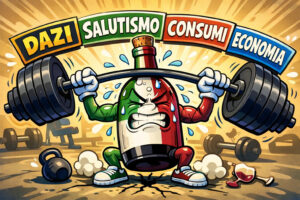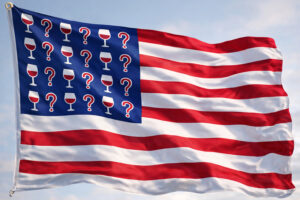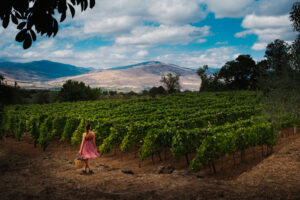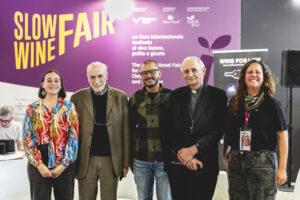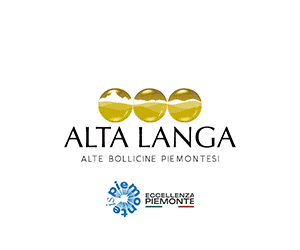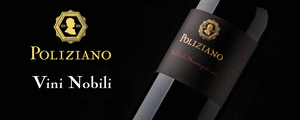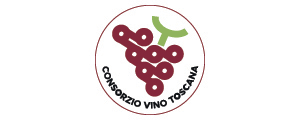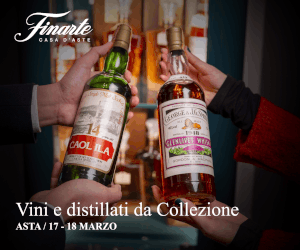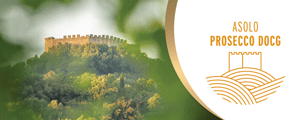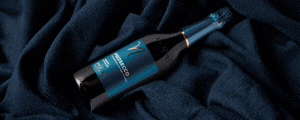WineNews interviewed Paolo De Castro, the first MEP to sign, together with Herbert Dorfmann, the approved amendments to the BECA report on the European Union Cancer Plan (which is to be voted in its entirety on February 16th ). He said, “there was a very broad consensus regarding the distinction between the sacrosanct fight against alcohol abuse versus conscious and moderate consumption, taking into consideration our amendments had a very large majority in plenary. We were immediately in favor of the BECA Commission’s general recommendations in the fight against cancer. However, the Commission treated the issue of alcoholic beverages, in the same way it treated the meat issue, and that is, not giving it the proper weight and attention, which instead, is important because one should neither criminalize nor accept prohibition hypotheses using strange labels and so on. It is, therefore, a very good result in general, which also protects and defends the work of our colleagues on the BECA Commission”. These amendments will “save” Italian and European wine from the possibility of seeing heavy restrictions on communication and resources for promotion, penalizing taxation, and inserting “health warnings” on labels, such as the ones on packages of cigarettes.
It is an all-round victory for the entire wine sector, European, of course, given the consent to the amendments, but mainly Italian, given that they signed first. More than anything else, it is important in perspective. “We must remember that the BECA report”, specified De Castro, “will provide recommendations; it is not a legislative act. We have made corrections to avoid interpretations that we define as “Talibanish”. We agree and we reiterate that the fight against cancer is top priority. It is true that much more alcohol is consumed in Europe than in other countries, but the fight must be carried on in an intelligent way, and not criminalizing the products. Because a glass of wine, in a Mediterranean Diet, for an adult who does not have health problems, does not constitute a danger”.
Moreover, this line of thought may also be useful in the debate on the labeling system for all agro-food, such as the Italian Nutrinform, the French Nutriscore, and more. “These are a different category, and currently various countries have presented hypotheses on nutritional labeling, which one day the EU Commission will standardize in a single proposal. At that moment, we will see what it is and how to intervene. But the concept”, De Castro concluded, “is that we must not make judgments about good or bad food, for health. It depends on the quantity, it depends on habits, and it depends on the way a certain diet is followed. And, therefore, one cannot have a standard, from Finland to Cyprus. It is a mistake to think that one should uniform, using colors, by conditioning, and not informing, the consumer”.
Copyright © 2000/2026
Contatti: info@winenews.it
Seguici anche su Twitter: @WineNewsIt
Seguici anche su Facebook: @winenewsit
Questo articolo è tratto dall'archivio di WineNews - Tutti i diritti riservati - Copyright © 2000/2026















